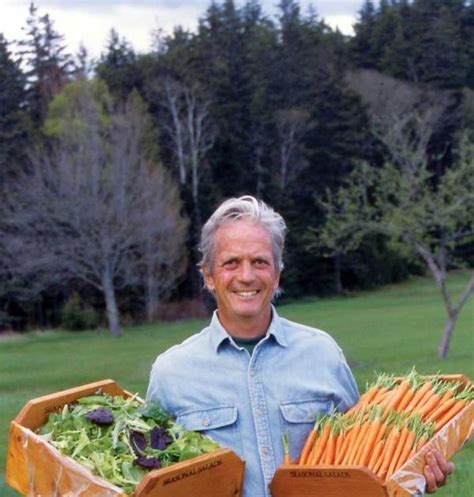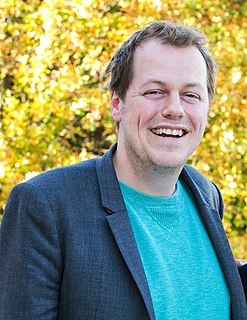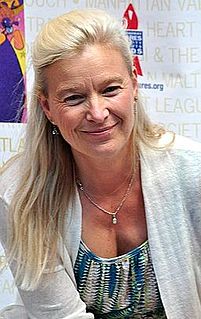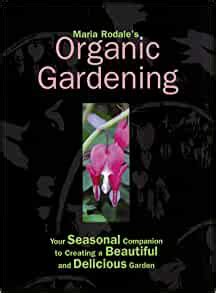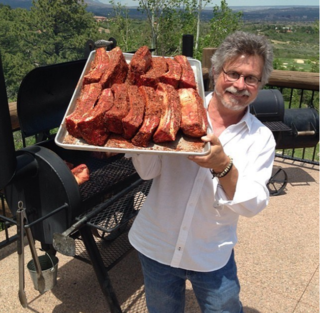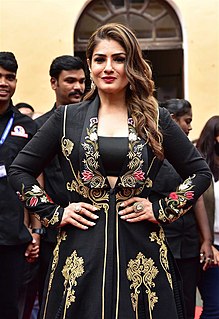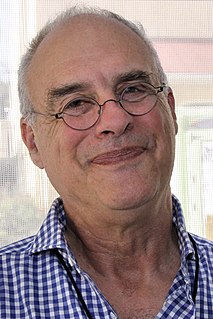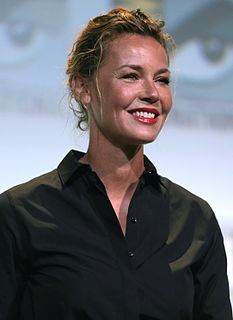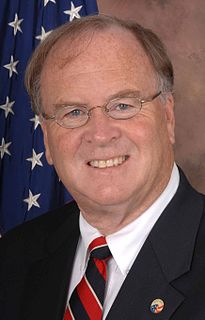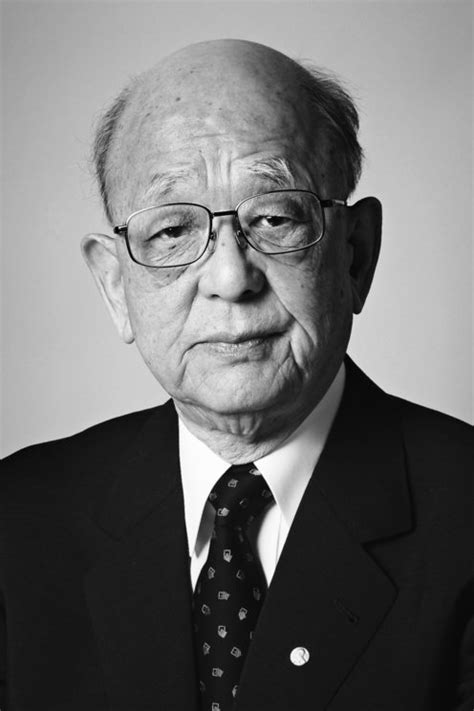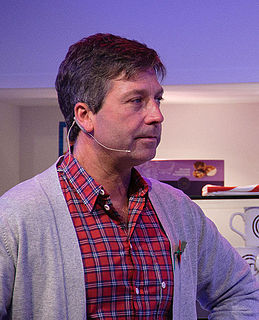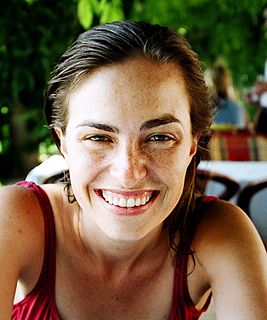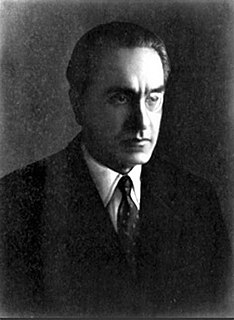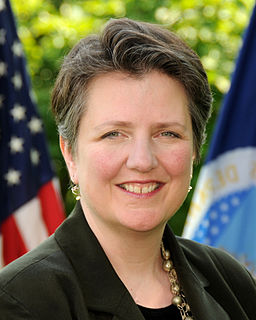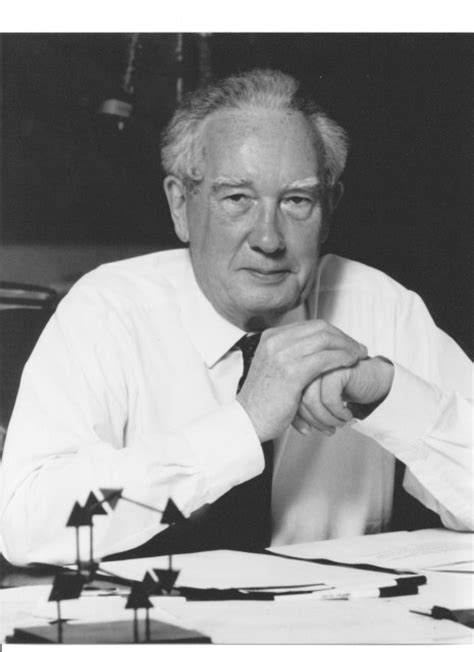Top 1182 Organic Quotes & Sayings
Explore popular Organic quotes.
Last updated on April 15, 2025.
Since chemical fertilizer burns out the soil organic matter, other farmers struggle with tilth, water retention, and basic soil nutrients. The soil gets harder and harder every year as the chemicals burn out the organic matter, which gives the soil its sponginess. One pound of organic matter holds four pounds of water. The best drought protection any farmer can acquire is more soil organic matter.
If you do just one thing—make one conscious choice—that can change the world, go organic. Buy organic food. Stop using chemicals and start supporting organic farmers. No other single choice you can make to improve the health of your family and the planet will have greater positive repercussions for our future.
The individual's habits of thought make an organic complex, the trend of which is necessarily in the direction of serviceability to the life process. When it is attempted to assimilate systematic waste or futility, as an end in life, into this organic complex, there presently supervenes a revulsion.
The technique that only uses explosion or expansion forces is lethal and hostile to the nature. This kind of technique must miss the natural counter force or the organic synthesis which is a negative form of quality - The Organic Vacuum - that reunites the polar and the increasing to the favour of the uprising of a new life form.
For breakfast, I eat organic food with high fat content, such as whole milk yogurt, nuts, seeds, fresh fruit and a scrambled egg. I cook it in organic grape seed oil for its high omega content. I drink a cappuccino for its dose of milk and the coffee for its taste, antioxidant and anti-inflammatory properties.
There's a lot of research that suggests that organic yields are close or superior to conventional yields depending on factors like climate. In a drought year an organic field of corn will yield more - considerably more - than a conventional field; organic fields hold moisture better so they don't need as much water. It simply isn't true that organic yields are lower than conventional yields.
I never use organic vegetables. Why would you want to? The idea of taking a courgette grown in a third-world country in an organic field, packed into a polystyrene box, flown across the oceans, washed in chlorinated water, packed into a foam box, driven halfway across the country, wrapped in plastic and stamped 'organic,' what's the point?
There are, in fact, very few organic zinc compounds; only the first members of the series, which correspond to the simplest organic radicals, can be prepared without too much difficulty, but they have the disadvantage of being spontaneously inflammable in air and are consequently very dangerous to handle.
Now you can get artisanal everything - pickles, coffees, house-cured meats, mustard. The pendulum has swung back to this kind of food, and it gives me the greatest hope for the future, especially because we're living in a time with issues like polluted Gulf Coast seafood and food labeled organic that may not really be organic.
As incisively pointed out in the documentary Food Inc.," an overwhelmingly large percentage of "new," healthy," and "organic" alternative food products are actually owned by the same parent companies that scared us into the organic aisle in the first place. "They got you comin' and goin'" has never been truer.
Even if you could use all the organic material that you have--the animal manures, the human waste, the plant residues--and get them back on the soil, you couldn't feed more than 4 billion people. In addition, if all agriculture were organic, you would have to increase cropland area dramatically, spreading out into marginal areas and cutting down millions of acres of forests.
It may be said that natural selection is daily and hourly scrutinizing, throughout the world, every variation, even the slightest; rejecting that which is bad, preserving and adding up all that is good; silently and insensibly working, wherever and whenever opportunity offers, at the improvement of each organic being in relation to its organic and inorganic conditions of life.
Organic Oreos are not a health food. When Coca-Cola begins selling organic Coke, as it surely will, the company will have struck a blow for the environment perhaps, but not for our health. Most consumers automatically assume that the word "organic" is synomymous with health, but it makes no difference to your insulin metabolism if the high-fructose corn syrup in your soda is organic.
A state is organic when it has a center, and this center is an idea that shapes the various domains of life in an efficacious way; it is organic when it ignores the division and the autonomization of the particular and when, by virtue of the system of hierarchical participation, every part within its relative autonomy performs its own function and enjoys an intimate connection with the whole.
Organic is something we can all partake of and benefit from. When we demand organic, we are demanding poison-free food. We are demanding clean air. We are demanding pure, fresh water. We are demanding soil that is free to do its job and seeds that are free of toxins. We are demanding that our children be protected from harm. We all need to bite the bullet and do what needs to be done—buy organic whenever we can, insist on organic, fight for organic and work to make it the norm. We must make organic the conventional choice and not the exception available only to the rich and educated.
It's nice to not feel like you're just re-enacting a preconceived moment, but there's room for an organic feeling to develop while the camera is rolling. Even amidst these enormous technical productions, Chris [ Nolan] always prioritized making sure that sort of spontaneous and organic feeling could happen at the moment.
There are certain products that it's worth buying organic just because the alternatives have so much pesticide. There's a list of the dirty dozen that you can get off the Web. Strawberries, potatoes. A handful of crops that have very high pesticide residues if you don't buy organic. If you eat that a lot, that's a good place to invest.
